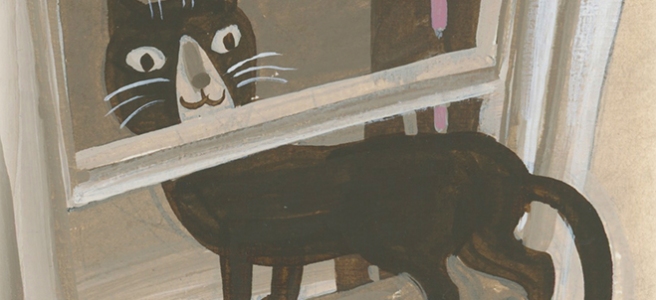My father was a tank commander at the Battle of Kohima. It was a Stuart tank, a cramped steel box that would have been brutally hot in the jungles of Burma, and would have rung like the bells of Big Ben each time a shell bounced off its armor.
They all bounced off or I wouldn’t be here writing this.
Being in a tank in a battle would have been an unimaginably horrendous experience. The only thing worse would have been being outside the tank.
At precisely the same moment, my mother would have been sleeping under a repurposed snooker table in the South London borough of Wimbledon. Or perhaps she didn’t sleep, but just lay there listening out for the drone of the V1 rockets that the Nazis fired towards London hundreds of times a day. If the rocket engines kept going, then you were okay. The rocket was continuing north.
If one of them had stopped, then I wouldn’t be writing this.
It’s quite possible that statistically speaking, even in the heat of battle, my father was actually safer than my mother.
My father lived on for another 70 years after Kohima, but even though the war ended and his former Japanese enemies became better friends than his old Indian allies, he never felt completely safe without a thick armor-plating surrounding him.
My mother too, was never happy sleeping upstairs in a bed. Even 60 years later she would lie awake listening for the rocket engines overhead.
They never seemed to like each other, but they loved going out to social events on Saturday nights, and our photo collection is full of pictures of them sitting a few feet apart, my mother sneering and my dad scowling.
No armor plating could protect a war hero from my mother’s sarcasm.
I’ve often wondered why they didn’t teach my mother German, and deploy her against the enemy.
I can see her now marching up Omaha beach, calling out (in German), “You silly little men with your big guns. What are you compensating for?” With regard to the tank traps: “I hope you’re going to clear up this rubbish before the Americans get here!” To Goering: “Your supper’s ruined, but you don’t look like you’re about to starve to death!” To Hitler himself: “Fifty years old and you’re not married! I don’t suppose there’s a woman who’ll have you with that silly mustache.”
The SS would have run home to their Gretels and Hildas in Essen and Frankfurt-am-Maim, and wept into their strong but soft teutonic bosoms.
Our forefathers could have advanced Paris and Brussels in absolute safety.
Even so, they would have been enjoying pastis in the narrow streets of the Left Bank, at precisely the same moment as my father was still in his tank defending the Hindu Kush from the Japanese Imperial Army.
There used to be stories about Japanese commandos, who somehow got left behind on remote Pacific Islands, and continued fighting World War Two right into the 1960s and 70s.
I suppose my dad was a little like those abandoned commandos. Sometimes one of us would ask him a question. He would be silent for a while as if he hadn’t heard, then pivot like a tank turret, and screw his eyes up as if he was peering through binoculars at advancing Japanese infantry instead of his children.
My mother and father were a great man and woman, and both were war heroes, but sometimes heroes can be difficult to live with.

